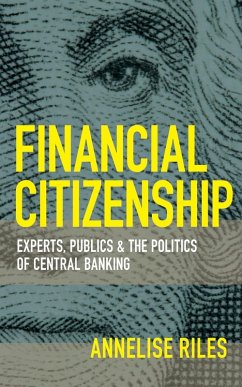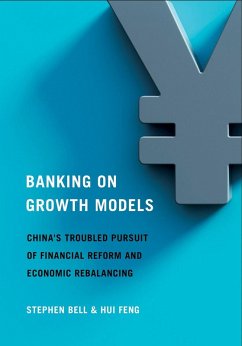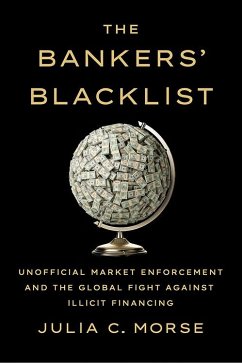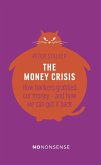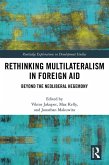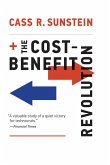Government bailouts; negative interest rates and markets that do not behave as economic models tell us they should; new populist and nationalist movements that target central banks and central bankers as a source of popular malaise; new regional organizations and geopolitical alignments laying claim to authority over the global economy; households, consumers, and workers facing increasingly intolerable levels of inequality: These dramatic conditions seem to cry out for new ways of understanding the purposes, roles, and challenges of central banks and financial governance more generally. Financial Citizenship reveals that the conflicts about who gets to decide how central banks do all these things, and about whether central banks are acting in everyone's interest when they do them, are in large part the product of a culture clash between experts and the various global publics that have a stake in what central banks do.
Experts-central bankers, regulators, market insiders, and their academic supporters-are a special community, a cultural group apart from many of the communities that make up the public at large. When the gulf between the culture of those who govern and the cultures of the governed becomes unmanageable, the result is a legitimacy crisis. This book is a call to action for all of us-experts and publics alike-to address this legitimacy crisis head on, for our economies and our democracies.
Experts-central bankers, regulators, market insiders, and their academic supporters-are a special community, a cultural group apart from many of the communities that make up the public at large. When the gulf between the culture of those who govern and the cultures of the governed becomes unmanageable, the result is a legitimacy crisis. This book is a call to action for all of us-experts and publics alike-to address this legitimacy crisis head on, for our economies and our democracies.
Dieser Download kann aus rechtlichen Gründen nur mit Rechnungsadresse in A, D ausgeliefert werden.

